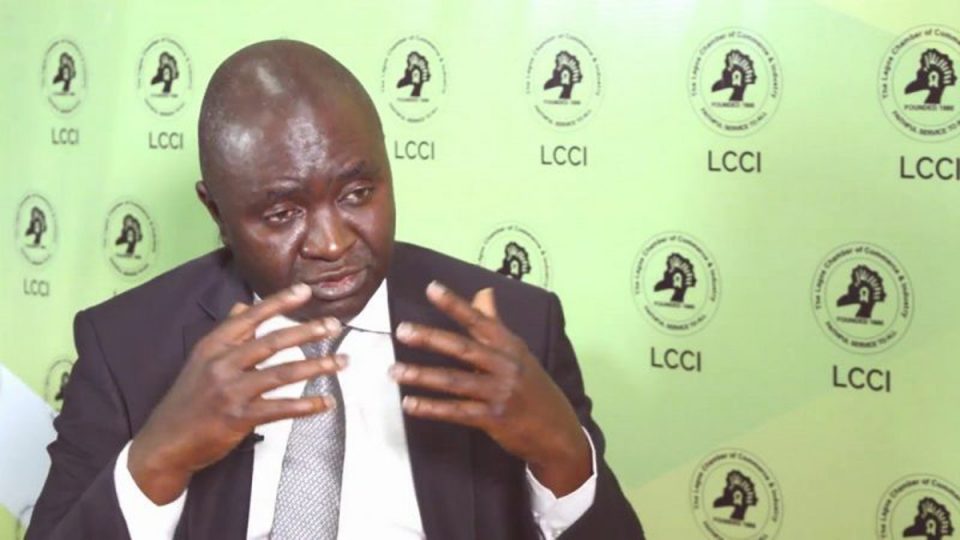The Lagos Chamber of Commerce of Industry, LCCI, has lamented the continued liquidity crisis in the Foreign Exchange (forex) market and its impact on businesses, saying that it is worsening the rate of divestment in the country.
Mr. Muda Yusuf, Director-General, LCCI, stated this yesterday at a webinar tagged: “The Naira in 2021: Optimising Choices for Growth”, put together by Arbiterz Media Limited in collaboration with Cordros Capital, a Lagos-based investment banking firm.
He said the liquidity crisis coupled with the issue of depreciation in naira heightens uncertainty for investors, hampers smooth planning process for the import-dependent local manufacturers and also lead to spike in the cost of production and operation.
Yusuf, who also decried what he termed “”excessive focus on the demand management side of the foreign exchange market”, said rather than focus on managing demand, the authorities should set clear strategies that would encourage more forex inflow into the economy.
“When you have a situation where you make a demand for forex either to import equipment or raw material and you get just 10-20 percent of what you requested for, what are you going to do with that.
So, that is creating a lot of problem, it is creating a lot of uncertainty in the economy for investors and it is escalating the risk of divestment because when you are not sure when, how and at what rate you are going to get your FX, it constitutes a major problem for planning,” he said.
He cautioned against the multiple exchange rate system, saying: “We need to normalise the situation so that we can have more transactions on the table. Right now, there are a lot of transactions under the table. You have an exchange rate, you pay a particular rate officially and pay another rate unofficially. These things are creating a whole lot of problem in the economy.”
Bismark Rewane, Chief Executive Officer, Financial Derivatives Company FDC, who also spoke at the event, raised concern over exchange rate fixing, arguing that flexibility would lead to a more market determined value of the naira and growth in the economy.
He also cautioned against the continuous effort to defend the naira, noting that a stronger economy would lead to a strong naira and not the reverse.



